Curious Questions: What are the finest last words ever uttered?
Final words can be poignant, tragic, ironic, loving and, sometimes, hilarious. Annunciata Elwes examines this most bizarre form of public speaking.

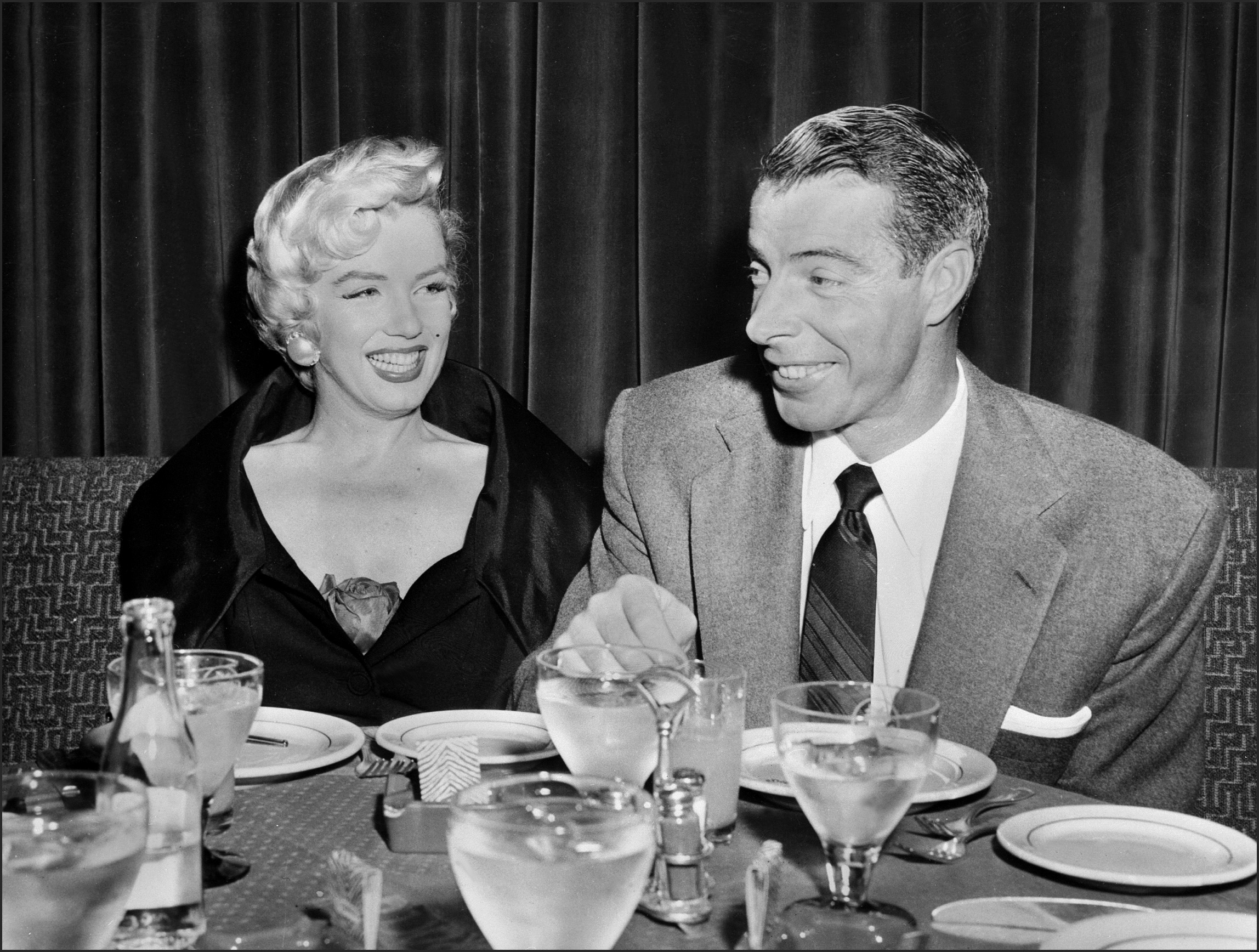
Exquisite houses, the beauty of Nature, and how to get the most from your life, straight to your inbox.
You are now subscribed
Your newsletter sign-up was successful
'Monks! Monks! Monks!'
Not the most obvious exclamation for Henry VIII to make on his death-bed — or perhaps it is. It’s shorter than calling out to all his wives.
Mystery surrounds the death of another king, George V, in 1936, with a rumour that ‘Bugger Bognor!’ was his final utterance, after someone (clearly not gauging his audience) suggested he visit the seaside town to recuperate.
The idea of saying something wise and pithy in our final moments is undoubtedly appealing—particularly if it gives solace, reveals a long-held secret or lightens the mood by just the right amount. Oscar Wilde’s oft-quoted ‘My wallpaper and I are fighting a duel to the death. One or the other of us has to go’ is, unfortunately, not the last thing he said — but it sets the standard.
As farewells go, a simple proclamation of love is powerful. George Harrison advised his family to ‘love one another’. T. S. Eliot whispered his wife’s name, ‘Valerie’, and Napoleon called out to his amours in (we hope) ascending order of importance: ‘La France, l’armée, tête d’armée, Joséphine’. Sir Arthur Conan Doyle turned to his wife with a ‘You are wonderful’ and Jean-Paul Sartre said ‘I love you very much, my dear Beaver’ to his partner Simone de Beauvoir. American baseball superstar Joe di Maggio, pictured above, took a similar tack despite his wife Marilyn Monroe having died 37 years before he did: 'I'll finally get to see Marilyn,' was his dying proclamation in 1999.
Many, if the accounts of those present are to be believed, have managed to utter final words that have stood the test of time — and here is our pick of the very best.
Some are heartbreaking, others hilarious — all may or may not actually have been said.
Exquisite houses, the beauty of Nature, and how to get the most from your life, straight to your inbox.
Famous last words of the famous
‘I feel something that is not of this earth.’
Mozart
‘This isn’t Hamlet, you know. It’s not meant to go in my bloody ear.’
Laurence Olivier to a nurse who had spilt water on him
‘Goodnight my darlings, I’ll see you tomorrow.’
Noël Coward’s words to friends at his home in Jamaica in 1974, just before he went to bed
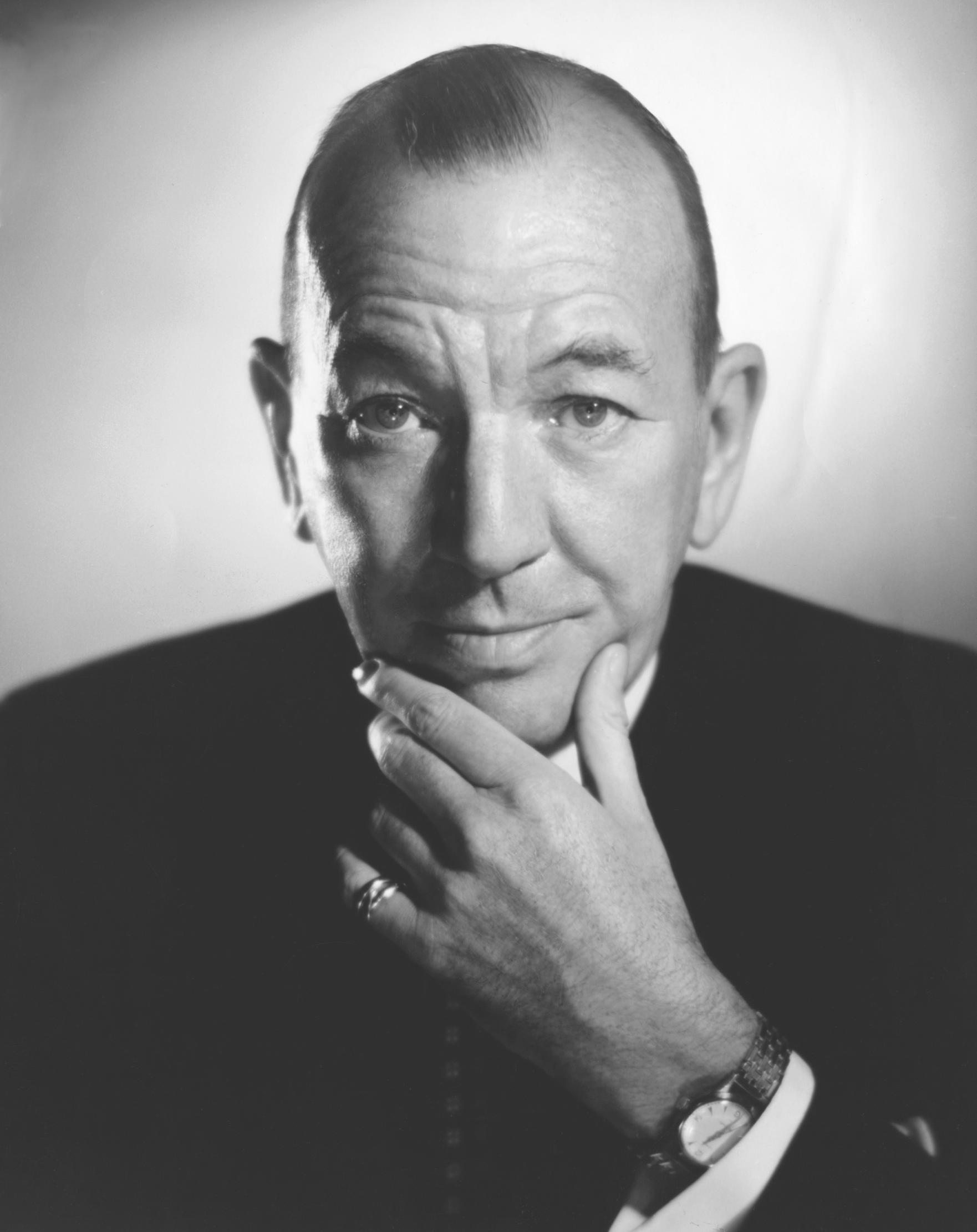
‘I should have never switched from Scotch to Martinis.’
Humphrey Bogart
‘All my possessions for a moment of time!’
Elizabeth I
‘Pardon me, sir, I did not do it on purpose.’
Marie Antoinette is said to have stepped on her executioner’s foot when climbing up to the guillotine
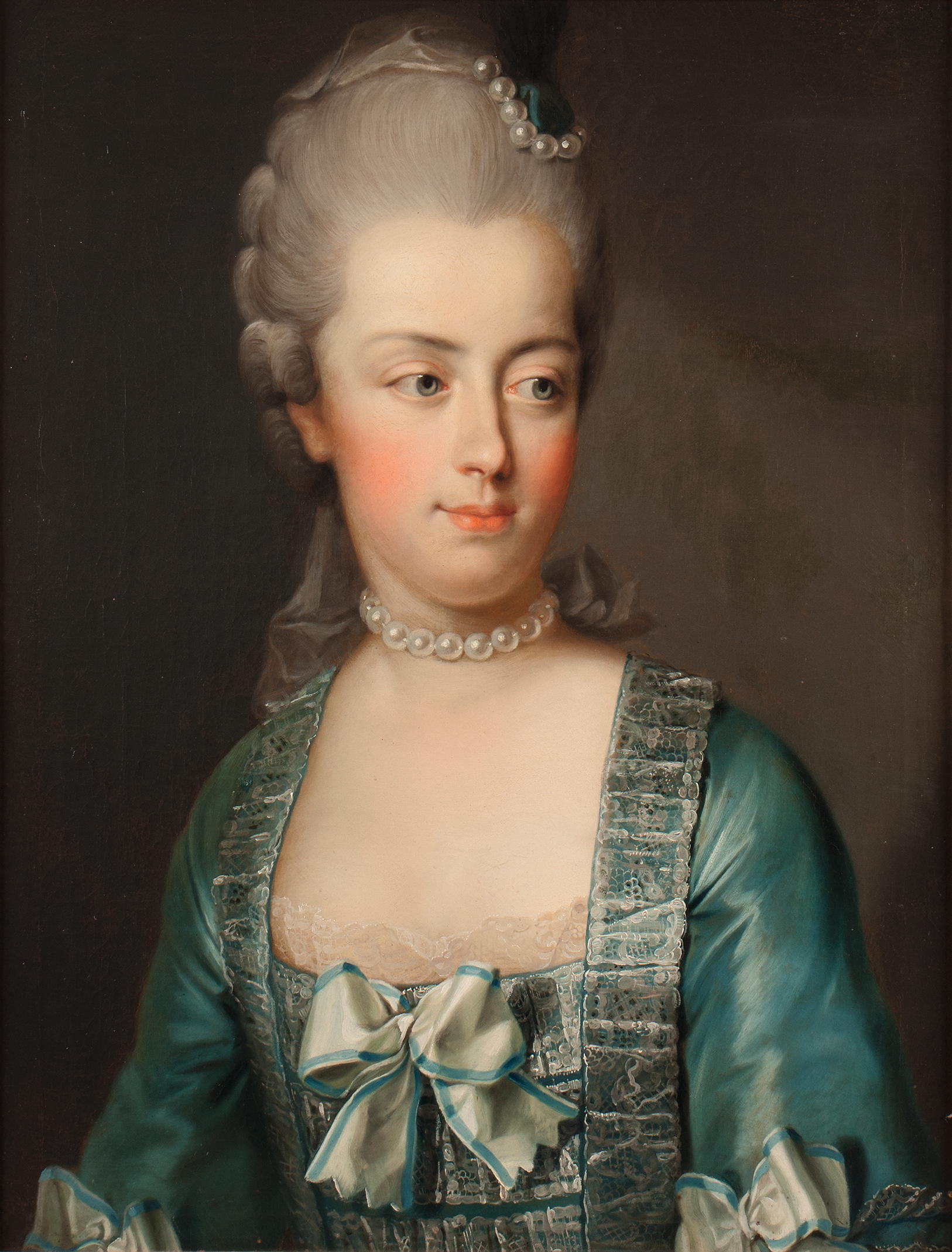
‘I’m bored with it all.’
Sir Winston Churchill
‘Last words are for fools who haven’t said enough.’
Karl Marx
‘I am sorry to trouble you chaps. I don’t know how you get along so fast with the traffic on the roads these days.’
Ian Fleming chatting to ambulance drivers in Canterbury, Kent, 1964
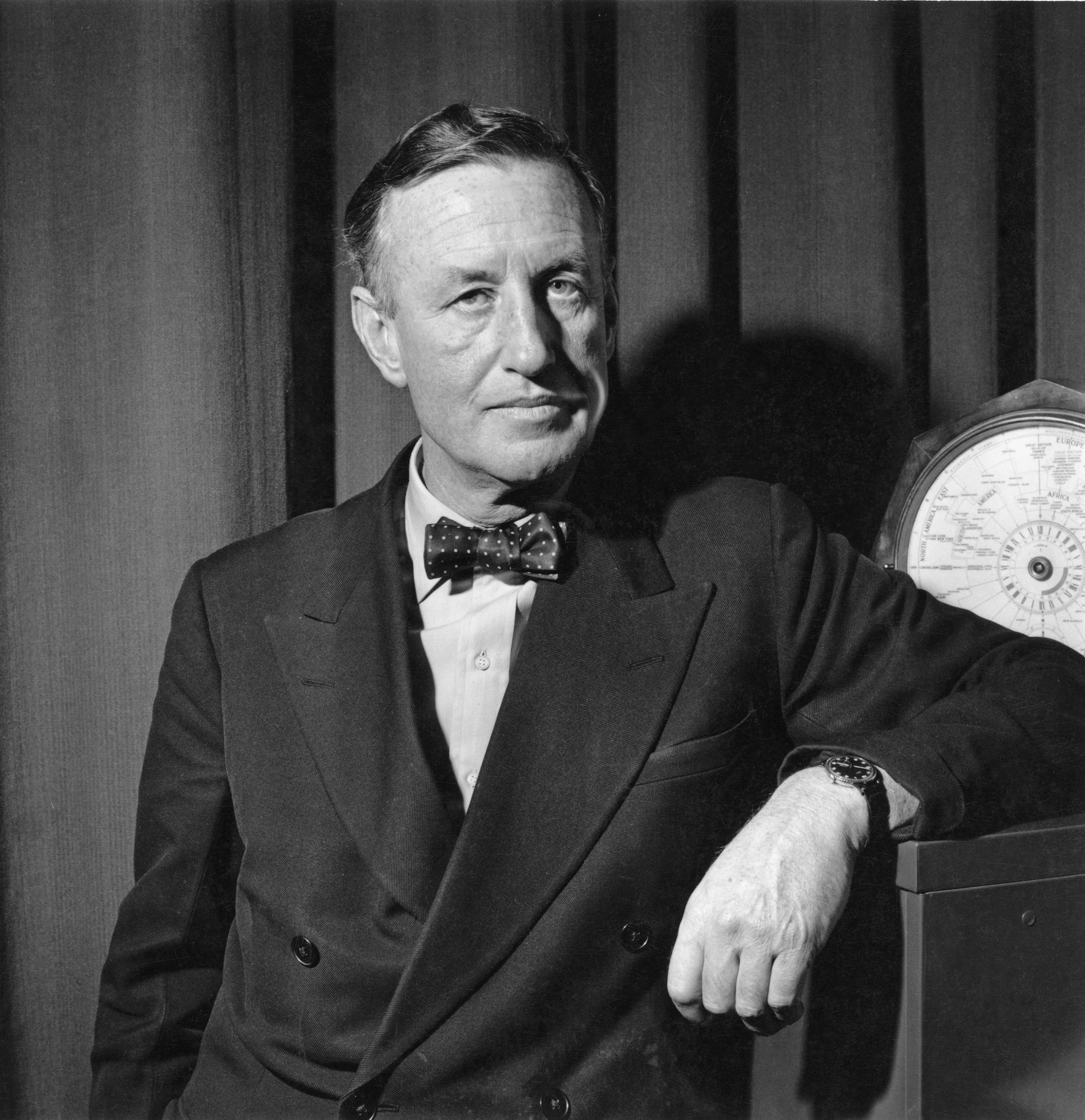
‘Don’t be in such a hurry.’
Billie Holiday
‘Where is my clock?’
Salvador Dalí
‘Am I dying, or is it my birthday?’
Nancy, Lady Astor
‘I am just going outside and may be some time.’
Capt Lawrence ‘Titus’ Oates, before walking into a blizzard during Scott’s ill-fated Terra Nova Expedition of 1912; he sacrificed himself in the hopes his companions could better travel to safety without him, but, tragically, they died soon afterwards
‘Oh, I am not going to die, am I? He will not separate us, we have been so happy.’
Charlotte Brontë to her husband, Arthur Bell Nicholls — they had been married less than a year when she died in 1855
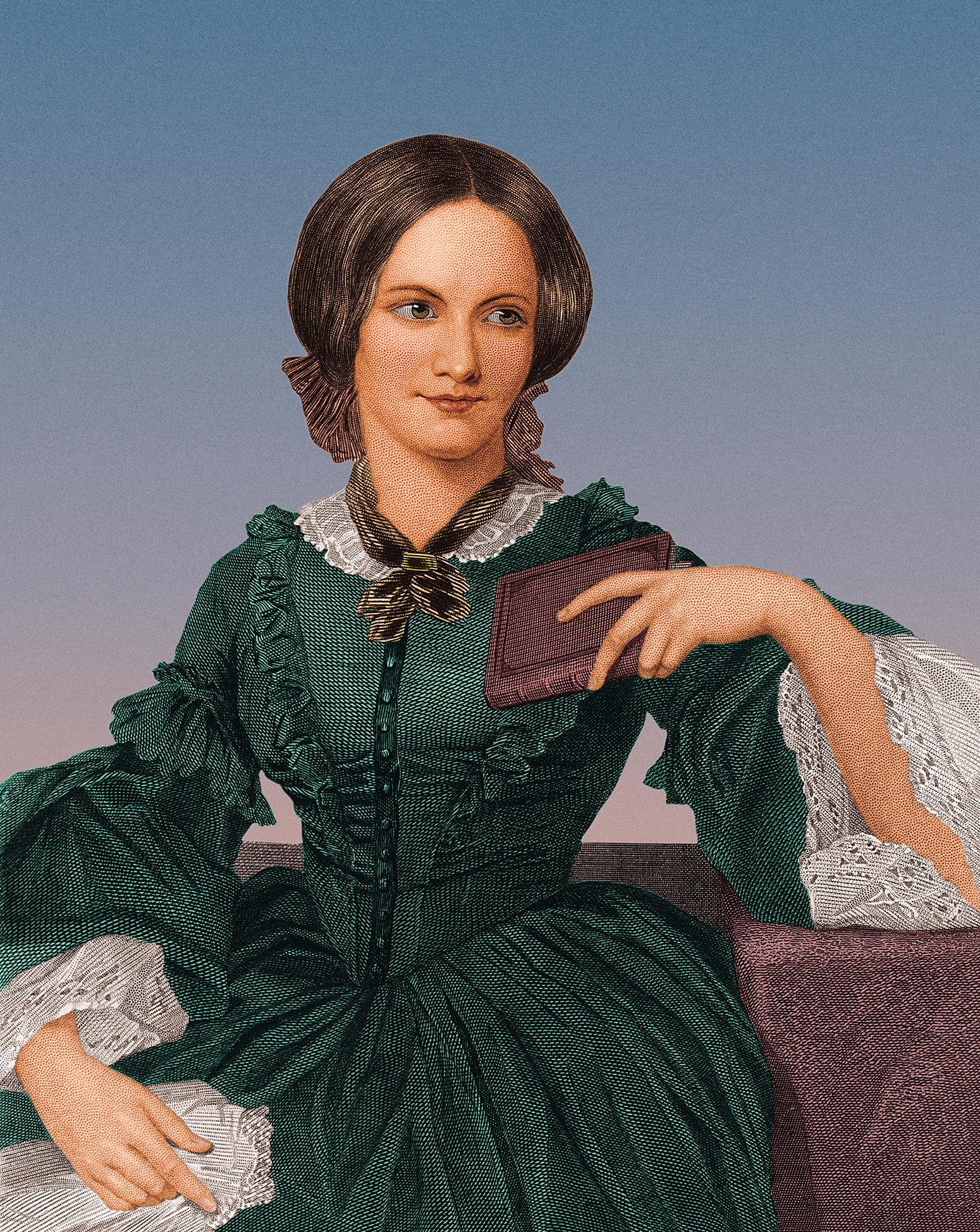
“Don’t throw me overboard, Hardy.” “Oh! No, certainly not.” “Then, you know what to do: and take care of my dear Lady Hamilton, Hardy; take care of poor Lady Hamilton. Kiss me, Hardy.” [Captain Hardy kneels down and kisses Nelson's cheek] “Now I am satisfied. Thank God, I have done my duty.”
Surgeon William Beatty’s account of the death of Vice-Admiral Nelson aboard HMS Victory during the Battle of Trafalgar in 1805
‘Now is not the time for making new enemies.’
Voltaire, to a priest asking him to renounce Satan
‘Damn it, don’t you dare ask God to help me!’
Hollywood star Joan Crawford, upon seeing her housekeeper praying at her bedside

‘Now, I shall go to sleep.’
Lord Byron
‘Have I played the part well? Then applaud, as I exit.’
Augustus, first Roman Emperor
‘Stand away, fellow, from my diagram!’
Archimedes
‘I must go in, the fog is rising.’
Emily Dickinson
‘I’m looking for loopholes’
Comedian W. C. Fields, when asked why he was reading the Bible on his deathbed

Credit: Alamy
10 terrible but terribly funny school reports of the world famous, from Einstein to Churchill
Jonathan Self picks out 10 of his favourite bad school reports of all time, and laments the fact that the

75 things you never knew about King Charles III as he celebrates his 75th birthday
On The King’s big day, Amie Elizabeth White reveals 75 things you might not know about our monarch.

How a British team of mountaineers conquered Everest, the 'goddess of the sky'
Seventy years ago, on the eve of the Queen’s coronation, Sir Edmund Hillary and Tenzing Norgay reached the summit of
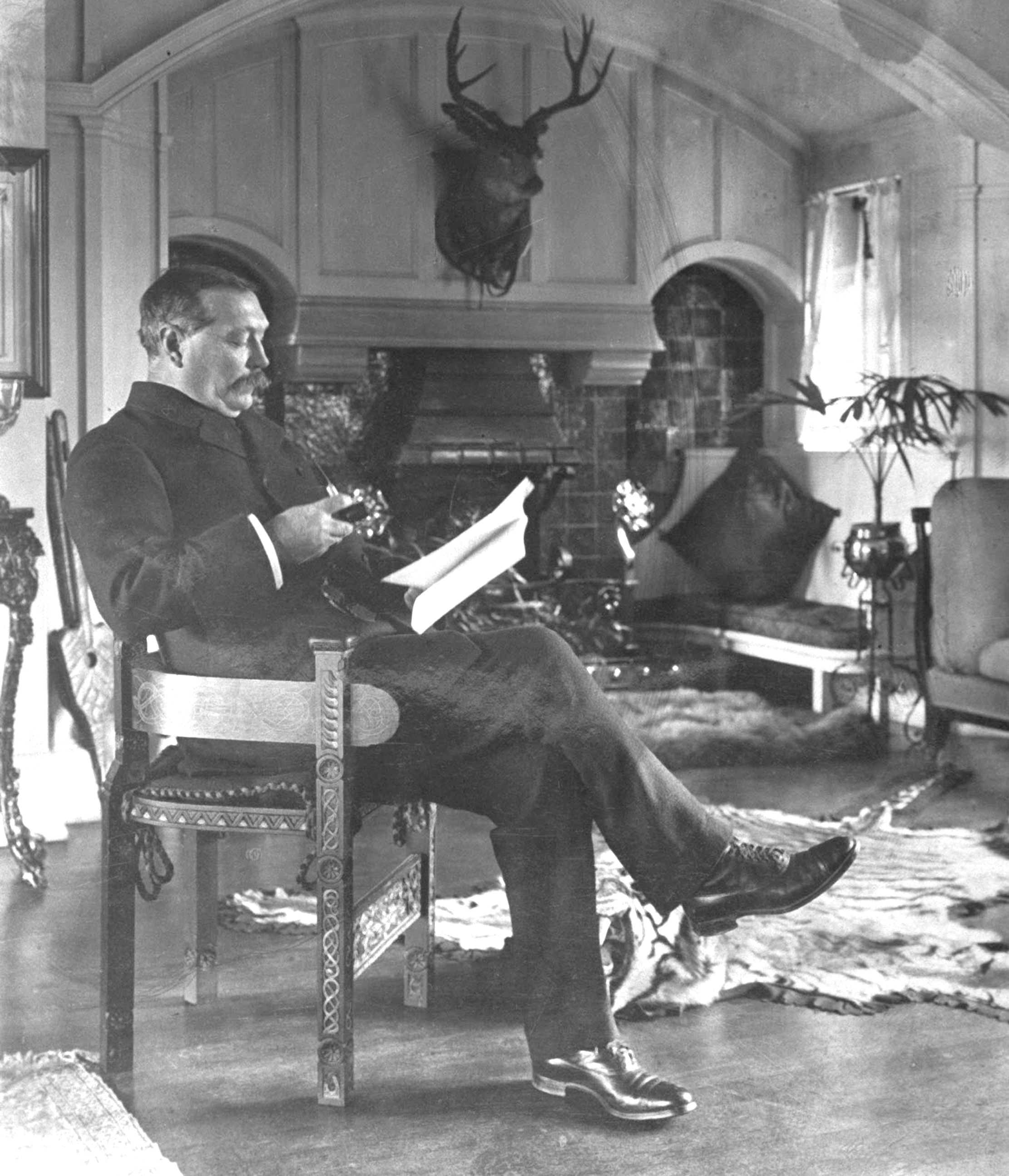
The houses of Sherlock Holmes: How Arthur Conan-Doyle's architectural savvy shaped literature's greatest sleuth
Sherlock Holmes had an eye for architectural detail, an interest derived from his creator, Arthur Conan Doyle. Jeremy Musson looks
Annunciata is director of contemporary art gallery TIN MAN ART and an award-winning journalist specialising in art, culture and property. Previously, she was Country Life’s News & Property Editor. Before that, she worked at The Sunday Times Travel Magazine, researched for a historical biographer and co-founded a literary, art and music festival in Oxfordshire. Lancashire-born, she lives in Hampshire with a husband, two daughters and a mischievous pug.
